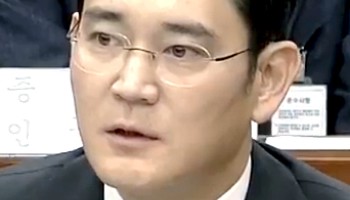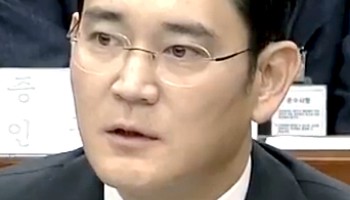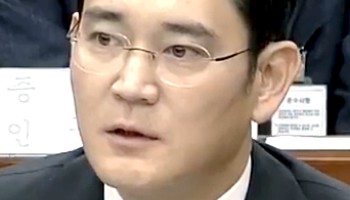Many in the business community, as well as South Korean political circles, were shocked by the appeals court ruling to shorten Lee’s sentence.
A lower court originally sentenced him to five years in prison in August of last year. The verdict was applauded by many anti-corruption activists, according to The New York Times.
After Monday’s decision, Lee can now return to his multiple corporate roles, including as director of the flagship Samsung Electronics.
Lee’s corruption case is linked to the one that led to President Park Geun-hye’s impeachment and removal from office last year—Lee is charged with offering the bribes Park Geun-hye is charged with accepting.
The bribes were allegedly paid to win the ex-president’s favor in return for strengthening Lee’s control of Samsung and facilitating a smooth transfer of corporate leadership from his father.
Mr. Lee’s lawyers acknowledged the payments but argued that Samsung did not receive any favors or special treatment in return. Instead, Mr. Lee said he was a victim of Park Geun-hye’s extortion, according to Reuters.
“Park threatened Samsung Electronics executives,” the appeals court judge said. “The defendant (Lee) provided a bribe, knowing it was bribery...but was unable to refuse.”
Lee’s father and Samsung’s ex-chairman, Lee Kun-hee, was twice convicted of bribery and other corruption charges but never spent a day in jail, creating an image of Samsung as untouchable, The New York Times reported in 2009.
Apparently Lee’s father was pardoned by then-president Lee Myung-baks “so that the businessman could retain his membership at the International Olympic Committee and lead a campaign by the South Korean city of Pyeongchang to host the 2018 Winter Olympics.”
The Olympics are set to begin tomorrow, a time in which countries traditionally face an elevated amount of international scrutiny, making Monday’s decision particularly controversial.
Chung Sun-sup, editor of chaebul.com, a website that specializes in monitoring the family conglomerates that typically walk away with lighter sentences than lesser-known white-collar criminals, was disappointed with the ruling. He told the The New York Times that by overturning the five-year sentence, the appeals court took a step backwards in ending cozy relationships between politicians and businessmen.
The latest ruling was closely monitored because it could also affect ex-president Park Geun-hye, whose corruption trial is still underway.






